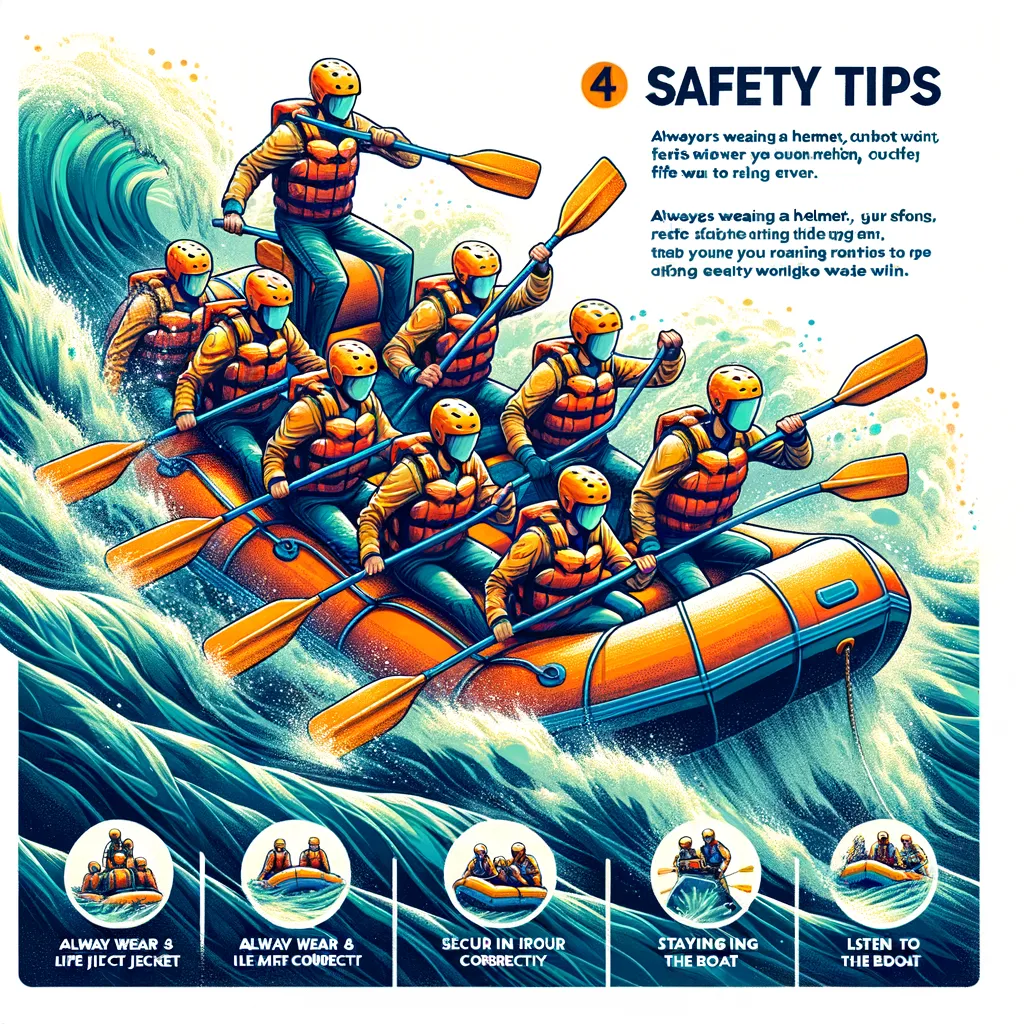The Ultimate Guide to Plant-Based Meals for Camping and Hiking
Welcome to your go-to guide for embracing the great outdoors without compromising on nutrition or taste! As more people lean into a plant-based lifestyle, the demand for easy, delicious, and nutritious camping and hiking meals has skyrocketed. Whether you’re a seasoned hiker, a camping enthusiast, or simply looking to infuse your outdoor adventures with healthier meal options, this guide is packed with everything you need to know.
Why Choose Plant-Based Meals for Outdoor Adventures?
Opting for plant-based meals isn’t just a trend; it’s a sustainable choice beneficial for both your health and the environment. These meals are typically lower in saturated fats, rich in nutrients, and easier on the planet due to their lower carbon footprint. Plus, plant-based meals can be incredibly versatile, flavorful, and satisfying – perfect for refueling after a day of exploring.
Understanding the Basics of Plant-Based Camping and Hiking Meals
Before diving into the mouth-watering recipes and meal ideas, let’s establish some ground rules for plant-based eating in the wild:
- Nutrition: Aim for a good mix of carbohydrates, proteins, and fats to sustain energy levels during your outdoor activities.
- Simplicity: Choose recipes with minimal ingredients that are easy to pack and prepare.
- Preservability: Opt for ingredients that can withstand being stored in a backpack or cooler without spoiling.
- Environmentally Friendly: Consider eco-friendly packaging and practices to minimize your environmental impact while enjoying nature.
Essential Plant-Based Foods to Pack
Packing the right ingredients is crucial for a successful outdoor culinary experience. Here’s a list of must-have plant-based foods to include in your camping or hiking food kit:
- Whole grains like quinoa, instant rice, and whole-grain pasta for energy-sustaining carbohydrates.
- Legumes such as lentils, chickpeas, and black beans for protein-packed meals.
- Nuts and seeds for healthy fats and an extra protein boost.
- Dried fruits and vegetables for snacking and adding flavor and nutrients to meals.
- Plant-based milk and spreads to enrich your breakfast or snacks.
- Herbs and spices to elevate the taste of your dishes without extra weight or space.
With these staples, the possibilities for crafting delicious and nutritious plant-based meals are endless. From energizing breakfast options to hearty dinners, you can ensure you’re well-nourished throughout your journey.
Starting Your Day Right: Plant-Based Breakfast Ideas
Kickstart your outdoor adventure with a fulfilling plant-based breakfast. Here are some ideas that are not only easy to prepare but also designed to fuel you for the day ahead:
- Oatmeal with dried fruits, nuts, and seeds, sweetened with agave syrup or maple syrup.
- Instant chia seed pudding made with plant-based milk and topped with fresh fruits.
- Whole-grain wraps filled with peanut butter, sliced bananas, and a sprinkle of chia seeds for an on-the-go breakfast.
These breakfast options are not just nutritious and satisfying; they are also incredibly portable and easy to prepare, ensuring you start your day on a high note, no matter where you find yourself.
Stay tuned as we delve deeper into plant-based meal planning, including a variety of recipes and tips to make your next camping or hiking trip an unforgettable culinary adventure. Remember, eating well doesn’t mean compromising on taste or convenience, even when you’re miles away from your kitchen. With a bit of preparation and creativity, you can enjoy delicious, nourishing meals that keep you energized and ready to explore the great outdoors.

5 Essential Tips for Parents Preparing Plant-Based Meals for Camping and Hiking
Preparing for a family outdoor adventure means ensuring everyone stays well-fed and energized. When it comes to packing plant-based meals for your camping or hiking trips, a little knowledge goes a long way. This guide offers five crucial tips for parents aiming to maintain a healthy, plant-based diet for their family while exploring the great outdoors. Embrace these insights to make meal planning a breeze and ensure your family’s next adventure is deliciously memorable.
1. Education is Key
Before setting off, it’s vital to educate yourself and your family about the benefits and fundamentals of plant-based eating. Explain the nutritional importance of consuming whole, unprocessed foods and the positive environmental impact of choosing plant-based options. This foundational knowledge will help your family appreciate the meals you’ve prepared and understand why certain foods were chosen. Include your children in the planning process, allowing them to suggest their favorite fruits, vegetables, nuts, and seeds. This engagement makes the experience more enjoyable and educational for them.
2. Plan and Prepare
Planning your meals ahead of time cannot be overstated. Create a meal plan that covers the entirety of your trip, laying out what you’ll eat for breakfast, lunch, dinner, and snacks. Consider the length of your trip, the storage facilities available, and how many meals you need to account for. Preparing meals that can be made with minimal equipment and fuss is crucial. Consider cooking some dishes ahead of time that can easily be reheated over a campfire or portable camping stove, such as veggie chili or lentil stews.
3. Packing Essentials
Investing in the right containers and cooling solutions will make storing your plant-based meals much easier and safer. Use lightweight, reusable containers to minimize waste and ensure your backpack isn’t too heavy to carry. Collapsible containers are great for saving space on the return trip. Cooling packs are necessary for keeping perishable items like plant-based milk or spreads fresh. Additionally, don’t forget eco-friendly utensils and dishware to enjoy your meals with minimal environmental impact.
4. Focus on High Energy Snacks
While main meals are important, don’t underestimate the power of snacks. Hiking and camping are physically demanding activities that require lots of energy. Nuts, seeds, and homemade energy bars are compact and densely packed with nutrients, making them the perfect snack for outdoor pursuits. Dried fruits like apricots or dates offer quick, natural sugars for an energy boost. Preparing a mix of these items in individual snack bags can make for convenient and healthy snacking on the go.
5. Keep Hydration Exciting
Hydration is crucial, especially for children who may not always recognize the early signs of dehydration. While water is the best hydrator, keeping hydration exciting can encourage more frequent sips throughout the day. Pack some plant-based, electrolyte-infused drink powders that you can easily mix into your water bottles. These come in various flavors and are a great way to replenish lost minerals through sweating. Herb-infused waters, prepared beforehand, can also be a refreshing change from plain water.
Incorporating these five tips into your preparation will make for delightful dining experiences under the stars. Not only will your family enjoy delicious and nutritious meals, but they’ll also learn the importance of sustainable living. Remember, the key to successful plant-based meal planning for camping and hiking lies in preparation, creativity, and the willingness to explore new flavors and textures. Happy trails and bon appétit!
Disclaimer
The articles available via our website provide general information only and we strongly urge readers to exercise caution and conduct their own thorough research and fact-checking. The information presented should not be taken as absolute truth, and, to the maximum extent permitted by law, we will not be held liable for any inaccuracies or errors in the content. It is essential for individuals to independently verify and validate the information before making any decisions or taking any actions based on the articles.



